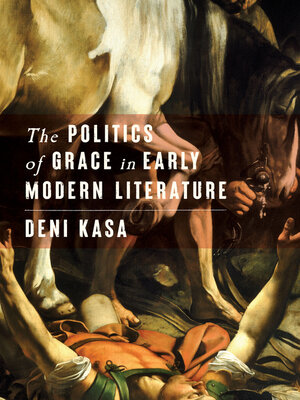
Sign up to save your library
With an OverDrive account, you can save your favorite libraries for at-a-glance information about availability. Find out more about OverDrive accounts.
Find this title in Libby, the library reading app by OverDrive.



Search for a digital library with this title
Title found at these libraries:
| Library Name | Distance |
|---|---|
| Loading... |
This book tells the story of how early modern poets used the theological concept of grace to reimagine their political communities. The Protestant belief that salvation was due to sola gratia, or grace alone, was originally meant to inspire religious reform. But, as Deni Kasa shows, poets of the period used grace to interrogate the most important political problems of their time, from empire and gender to civil war and poetic authority. Kasa examines how four writers—John Milton, Edmund Spenser, Aemilia Lanyer, and Abraham Cowley—used the promise of grace to develop idealized imagined communities, and not always egalitarian ones. Kasa analyzes the uses of grace to make new space for individual and collective agency in the period, but also to validate domination and inequality, with poets and the educated elite inserted as mediators between the gift of grace and the rest of the people.
Offering a literary history of politics in a pre-secular age, Kasa shows that early modern poets mapped salvation onto the most important conflicts of their time in ways missed by literary critics and historians of political thought. Grace, Kasa demonstrates, was an important means of expression and a way to imagine impossible political ideals.







